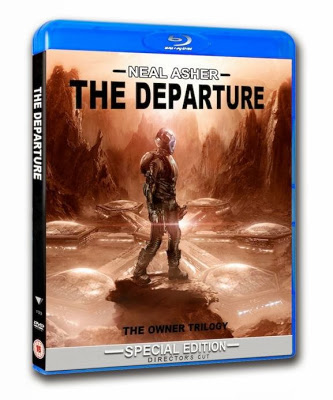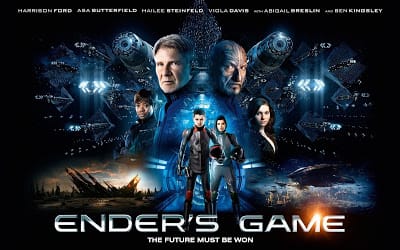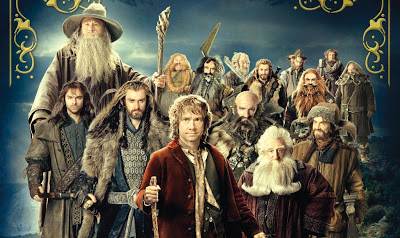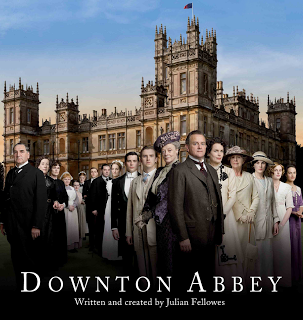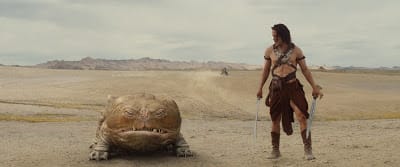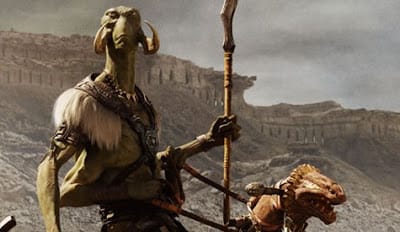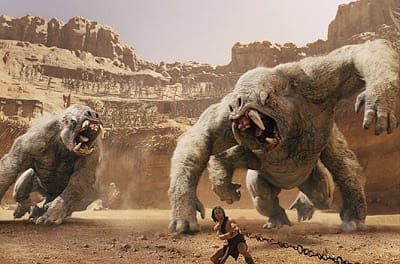Martin Durkin’s excellent documentary last night perfectly outlined my thoughts on the dangerous subject that is Margaret Thatcher. You can see it here on the
Channel 4 catch-up site.
Many years ago when I received my first poll tax bill I of course did not like it at all. It was only in retrospect that I realised that there it was in black and white: this is how much your council, your police, your fire service … are charging to provide their services and here’s the bill. The knee-jerk reaction to this was to protest because of course it was all the fault of the evil Tories. I didn’t go to any protests because, unlike most of those throwing chunks of paving slab at council offices, I had a job to do. It was a stark reality check. The Poll Tax never went away and was just made more unfair by being rebranded Council Tax and then aimed at a target that couldn’t duck it: the home owner. No subsequent Labour government removed it. In reality it was as unfair as any tax to fund state-run organisations because you have no choice; all taxes are demanded with menaces. Which brings me to the 1970s.
A lot has already been written about how things were back then: just about everything state-run and inefficient, unions demanding ridiculous wage rises and striking at the drop of a hat, 33% and 83% income tax rates, rubbish piling up in the streets, endless blackouts, dead bodies going unburied and stacking up to the extent that one city even considered burial at sea, trains running a damned sight more erratically than they do now. However, one small thing can illustrate it better for people now: you didn’t even own your own telephone. We had the British disease; we were Cuba without the sunshine. Britain, prior to 1979, was under the dead hand of the state. And the British were sick of it, which is why Thatcher got in, three times, with majorities that today’s parties can only dream about.
So, Margaret Thatcher started closing down our industries and putting people out of work. She destroyed our country yada yada. Well, no, what she did was stop us having to subsidize moribund, unionized, inefficient, pretend industries that simply could not compete in the real world. We were living in the illusory world of twenty people building a crap car while hurtling towards us was the reality of one person and a series of robots building a good one. And yes, that did hurt and did put people out of work. However, that was because previous governments had been doing just what many governments are doing now with the financial crisis: kicking the can down the road. Reality was going to bite; it was just a question of when.
Margaret Thatcher destroyed our coal mining industry … except it was the Labour Prime Minister Harold Wilson (managing to restrain himself from kicking that can) who closed three times as many pits as her, but that was okay, because Wilson was Labour, and a man. Never let it be forgotten that the coal miner’s strike was firstly illegal because Scargill couldn’t get enough miners to vote for it, and was secondly an attack by Scargill, and other left-wing apparatchiks, on the Thatcher government. It was about who ruled the country: an elected government that won three landslide victories, or the unions. That man used the miners as cannon fodder and, when it was over, it wasn’t him on benefits, oh no, he just toddled back to his 1.5 million mansion.
Anyway … the interesting thing that Durkin documentary highlighted was that Margaret Thatcher fought the establishment, both Labour and Tory, on behalf of the working class. The Tory ‘wets’ didn’t want the working class to have social mobility because, well, shudder, they didn’t want the plebs having the wealth to move in the same rarefied strata as them. Equally, Labour didn’t want social mobility because shit, if the oiks toss away their flat caps, buy white vans or mobile phones and start making money, where’s the sense of grievance and the client-base that gets Labour elected? The very idea of these people buying their own homes or buying shares in companies was anathema. In fact the unions told their members not to buy shares, and were ignored. Both parties had and still have their total snobs. You can see this attitude reflected in the term ‘yuppies’ and in Harry Enfield’s Loadsamoney character – this is the awful sort of thing that happens when oiks and plebs dare to rise above their station. Shudder.
In the end, of course, the dead hand of the state came back with Blair, Brown and the EU while, damn it, I would prefer to see people working in industries rather than as clients of the state – meaning either uselessly employed by it or on benefits – but how do you get round that? How do we get full employment in an increasingly mechanised world? A world which, in their way, the Luddites were right to fear? That’s a post for another time perhaps.
